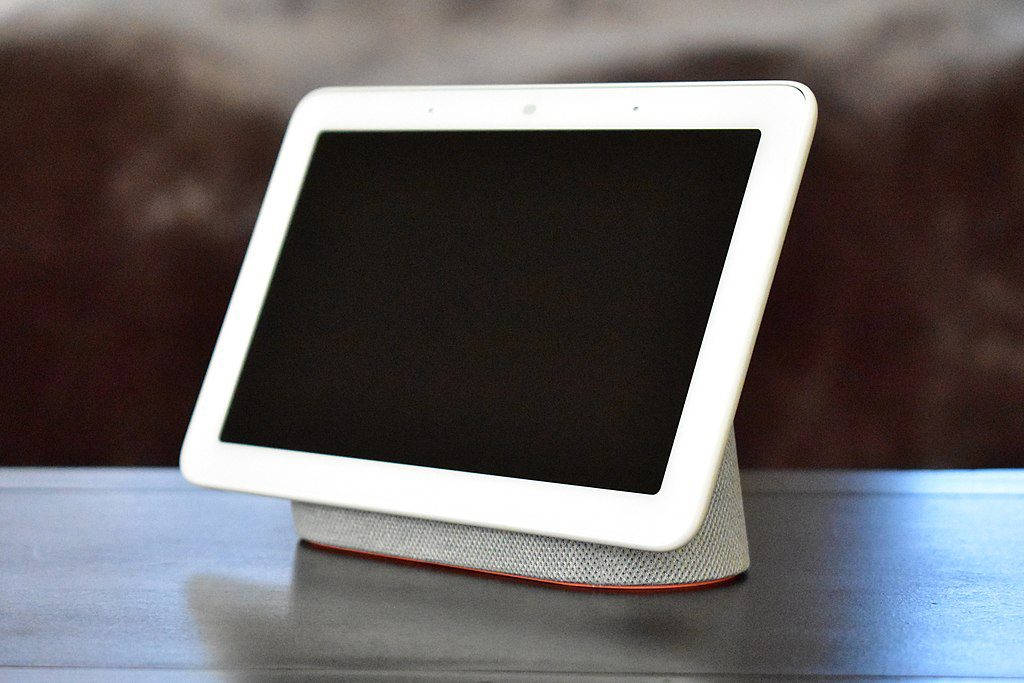Google Jumps Into Contactless Hotel Technology Push

Skift Take
If there is one permanent legacy from the coronavirus pandemic’s grip on the hotel industry, it is likely the move toward technology features that reduce the amount of staff interaction. Google is the latest company to join the movement.
Social distancing guidelines and heightened health and safety measures surrounding the coronavirus pandemic led hotel companies like Hilton and Marriott to encourage the use of mobile apps to check in and even select a room from the comfort of one’s smartphone.
But Google wants to extend the tech push into the guest room.
The technology company is partnering with properties in the U.S. like the Gansevoort Meatpacking near its New York City office and UK-based Village Hotels in offering its Nest Hub smart display as a vehicle for a hands-free stay, Google announced Wednesday.
While the company’s Google Assistant platform enables guests to check out without a t
